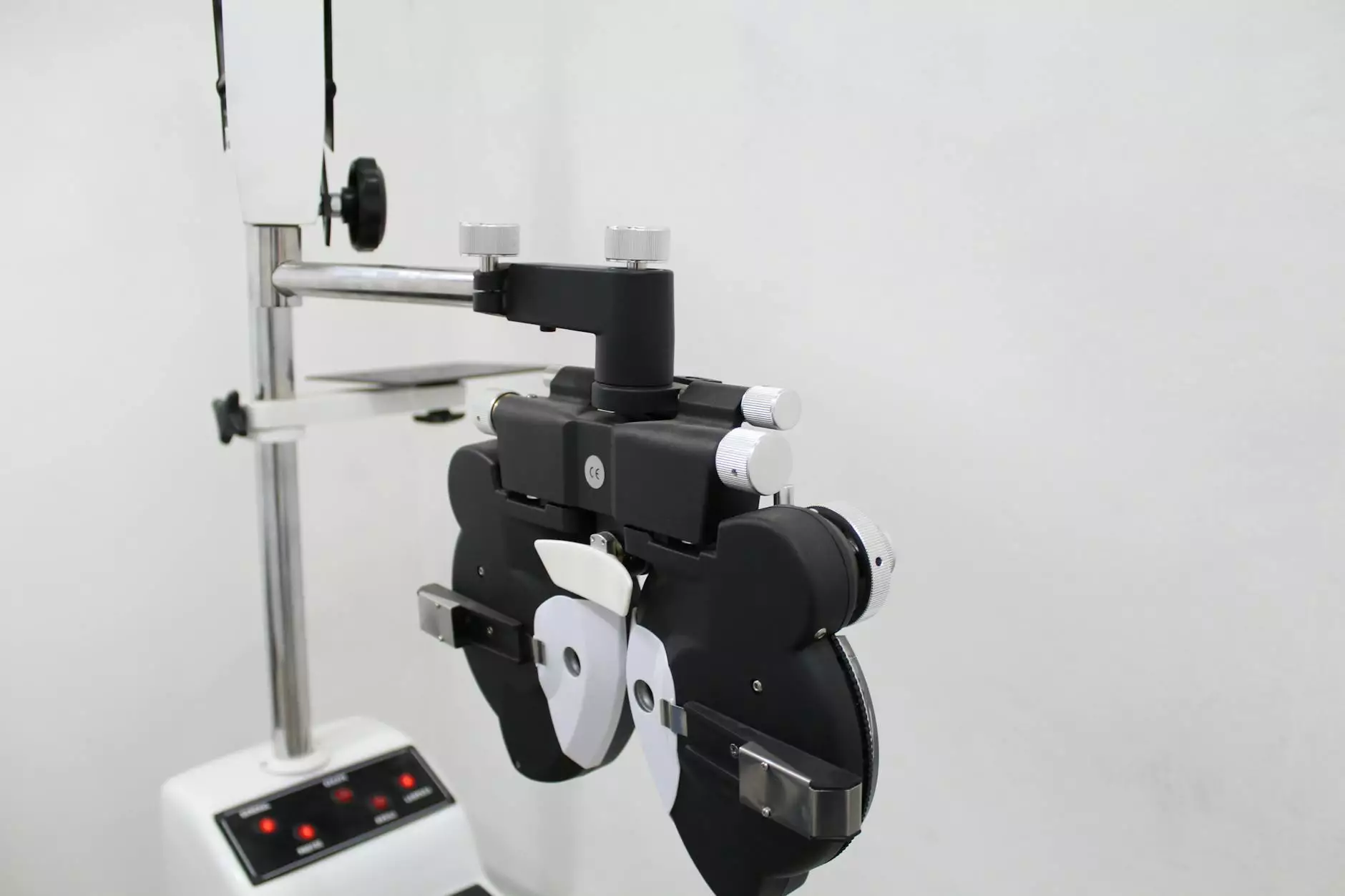The Power of Medical Databases for Health & Medical Centers

When it comes to driving success in the fast-paced world of health and medical centers, having access to reliable and comprehensive data is crucial. Medical databases offer a treasure trove of information that can be leveraged to gain a competitive edge in the industry. In this article, we will explore the immense benefits of utilizing medical databases for health and medical centers, with a particular focus on the domain lifesciencemarketresearch.com.
The Importance of Medical Databases
Medical databases serve as digital repositories, housing a vast amount of medical-related information. These databases are meticulously curated, ensuring that the data available is accurate, up-to-date, and relevant. Health and medical centers can tap into this wealth of knowledge to enhance their research efforts, optimize decision-making processes, and drive innovation across various domains.
Enhancing Research and Insights
For health and medical centers, conducting in-depth research is key to staying at the forefront of medical advancements. Medical databases offer access to a wide range of research studies, clinical trials, and scholarly articles, covering diverse areas such as disease management, treatment protocols, pharmaceutical breakthroughs, and more. By utilizing medical databases, health and medical centers can save valuable time and resources by avoiding duplicative research and by accessing credible information that can shape their strategies.
Moreover, medical databases provide the opportunity to explore and analyze data from a broad spectrum of patient populations. This enables health and medical centers to identify trends, patterns, and correlations, empowering them to make evidence-based decisions. Whether it's identifying risk factors for a disease, evaluating treatment outcomes, or analyzing demographic information, medical databases lay the foundation for comprehensive insights and informed decision-making.
Driving Operational Efficiency
Efficiency is key to the success of any health and medical center. Medical databases streamline access to critical information, making it readily available to healthcare professionals, researchers, administrators, and policymakers. By leveraging medical databases, health and medical centers can optimize their processes, reducing the time spent on data collection, analysis, and verification.
Furthermore, medical databases can assist in identifying best practices, benchmarking performance, and facilitating collaboration among medical professionals. The ability to search, filter, and sort data based on specific criteria enables health and medical centers to uncover new insights and identify areas for improvement. This not only helps in delivering better patient care but also drives operational efficiency and cost-effectiveness across the organization.
Improving Decision-making and Patient Outcomes
Medical databases play a crucial role in empowering health and medical centers with the necessary information to make informed decisions. By leveraging comprehensive data, healthcare professionals can develop evidence-based treatment plans, evaluate the efficacy of different interventions, and devise personalized care pathways for patients.
Not only does this lead to better patient outcomes, but it also facilitates personalized medicine, ensuring that each patient receives the most suitable and effective treatment based on their unique needs. Consequently, health and medical centers can improve patient satisfaction, build trust, and establish a reputation for delivering high-quality care driven by the latest research and innovations.
The Role of Life Science Market Research
As a domain specializing in life science market research, lifesciencemarketresearch.com understands the importance of medical databases for health and medical centers. Their commitment to providing access to comprehensive medical data makes them an invaluable resource in the industry. By leveraging their platform, health and medical centers can unlock endless possibilities for research, insights, and improved patient care.
Conclusion
In today's data-driven world, medical databases have become indispensable for health and medical centers. The ability to access reliable, accurate, and up-to-date information not only enhances research efforts and decision-making processes but also drives operational efficiency and improves patient outcomes. By harnessing the power of medical databases, health and medical centers can forge a path of success in an ever-evolving industry.

